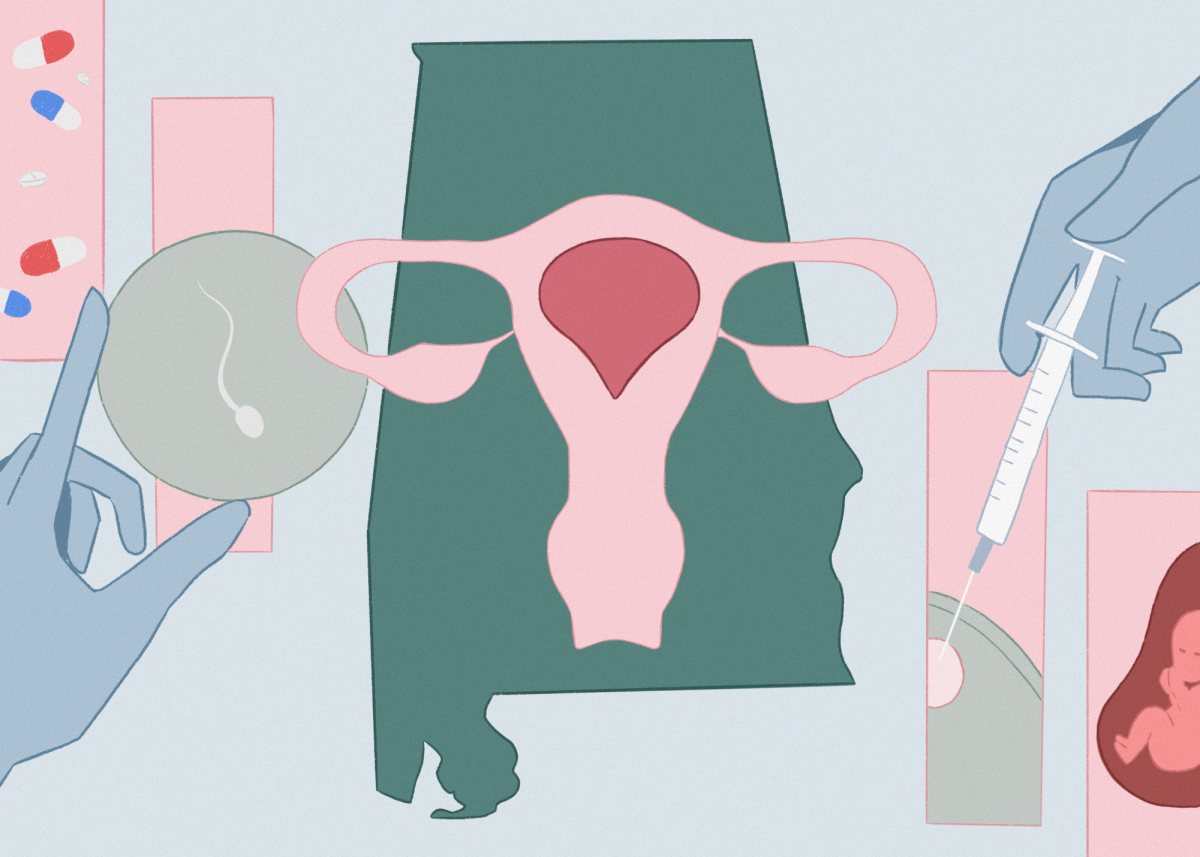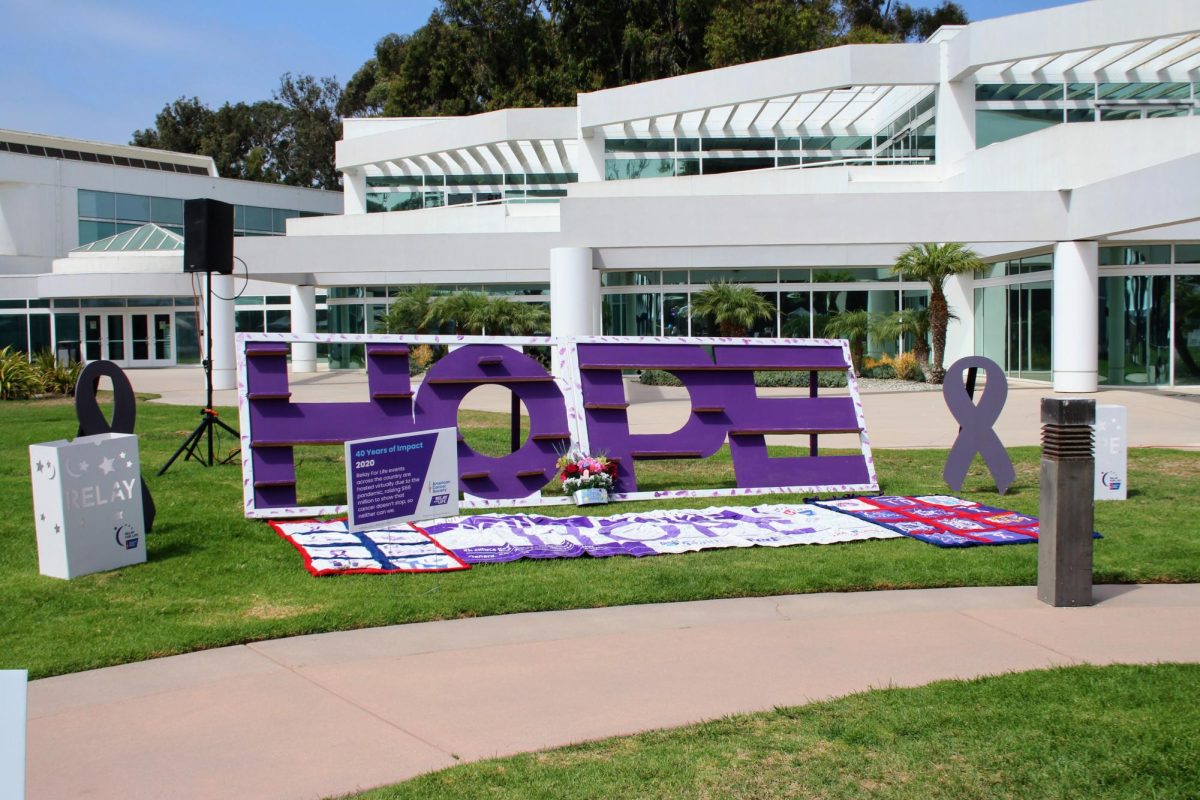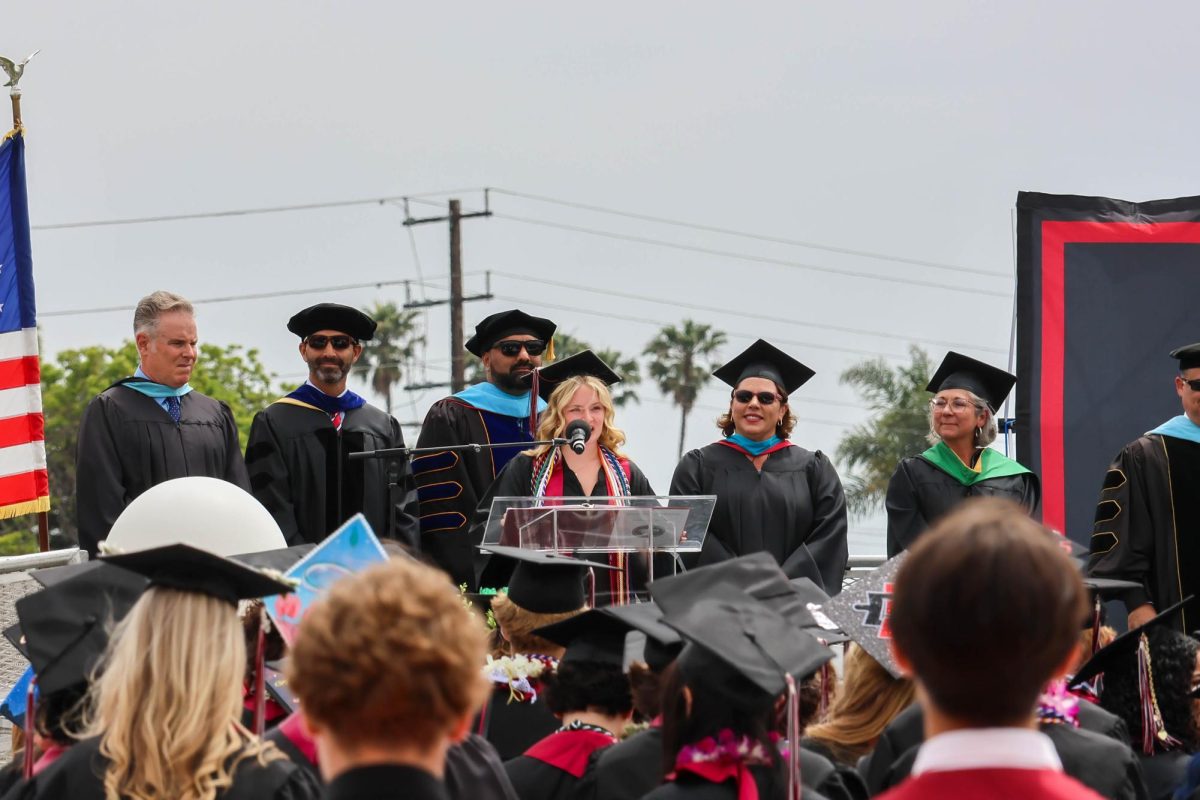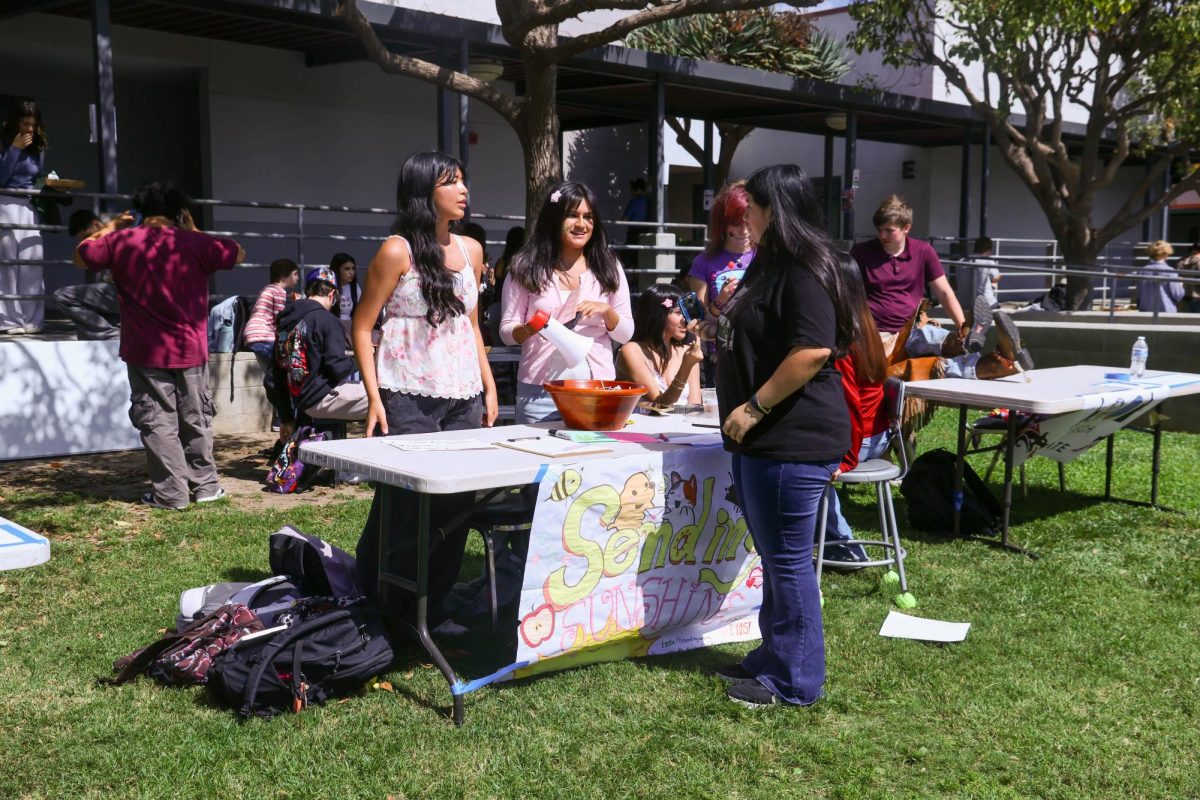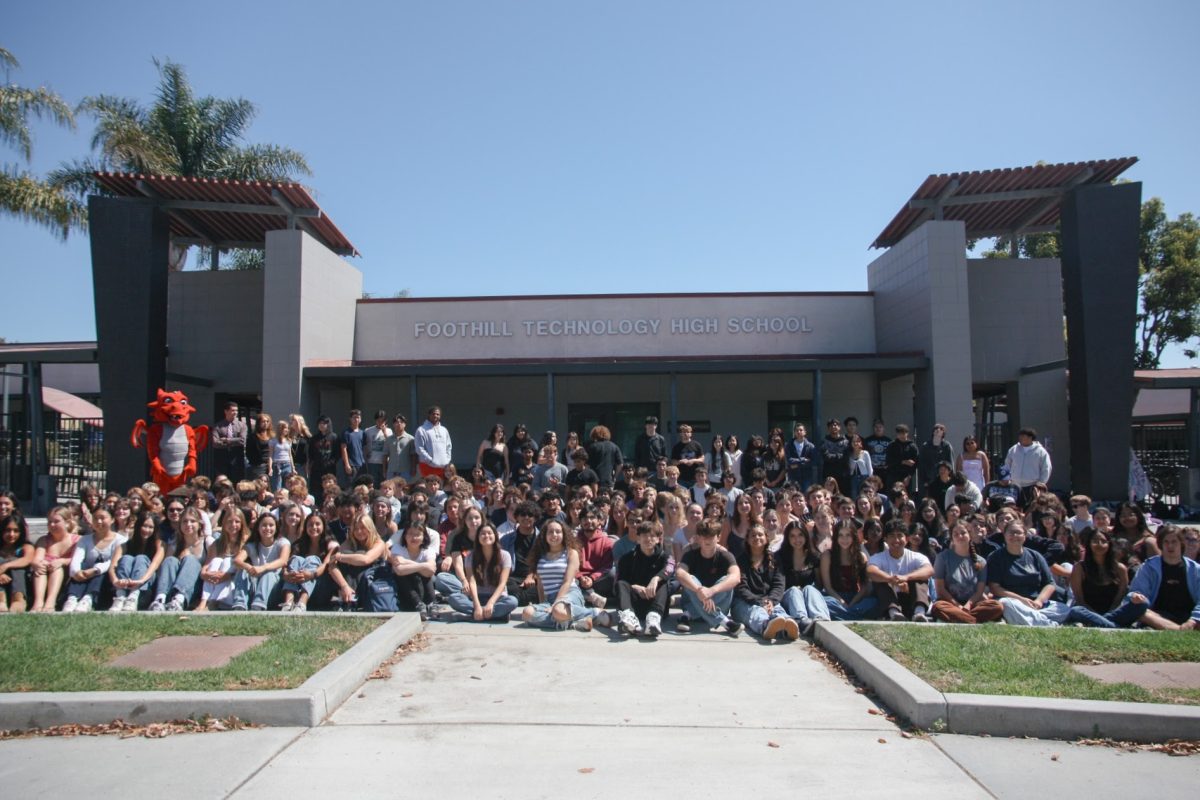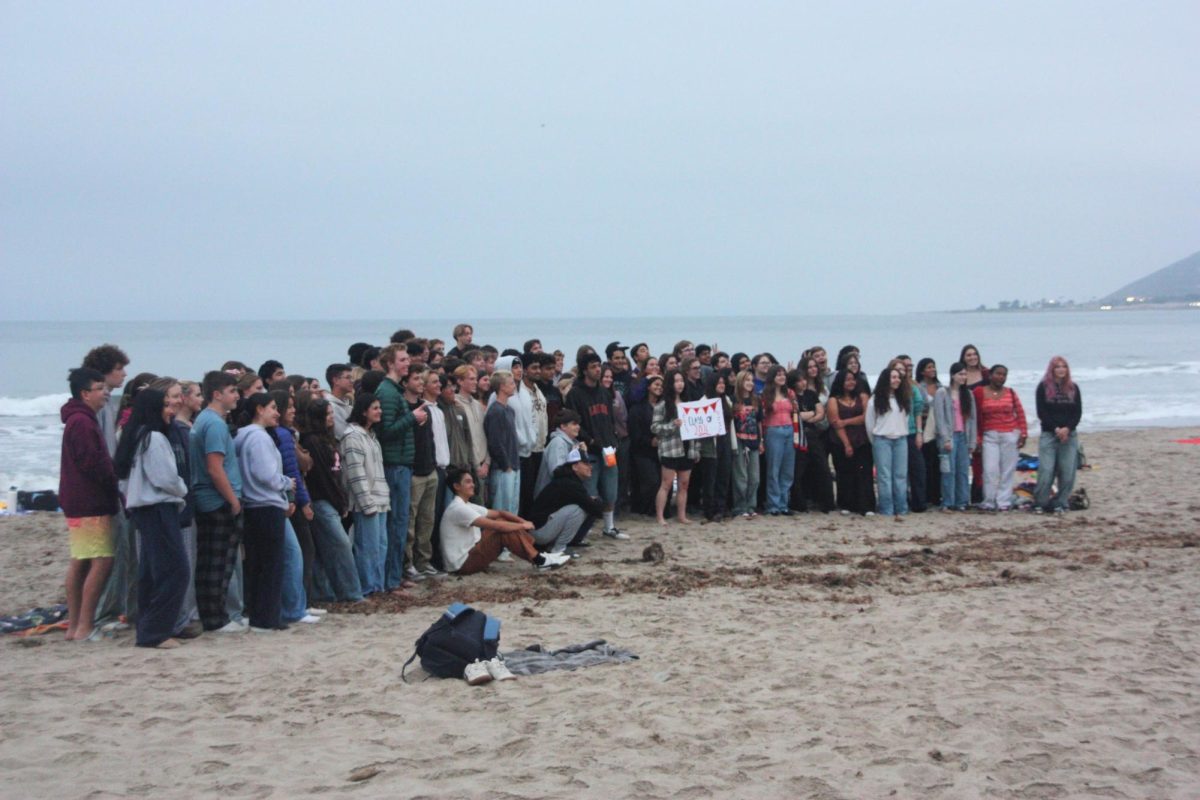On Feb. 16, 2024, the Alabama Supreme Court declared that embryos created through in vitro fertilization (IVF), which are frozen embryos, should be considered children. After the accidental destruction of embryos within an IVF facility in Alabama, parents who claimed ownership of said embryos went forward with lawsuits against IVF that eventually reached the Alabama Supreme Court. According to NBC News, the court ruled that the murder of children “applies to all children, born and unborn, without limitation,” meaning that although the embryos were frozen, it is technically breaking the law with civil penalties.
IVF is defined as a medical procedure in which an egg can become fertilized in a test tube or elsewhere that is not inside the body. Reasons of use for IVF include infertility and prevention of passing down potential genetic problems to a child. Though IVF is an effective way for couples to obtain a child, it has its own risks involved. In regards to IVF, Mayo Clinic states, “Your chances of having a healthy baby using IVF depend on many factors, such as your age and the cause of infertility.” Not only are there physical limitations, but the procedure is costly, coming in at 10,000 to 15,000 dollars per procedure.
In the Alabama Supreme Court, the parents who were filing lawsuits claimed that the destruction of their embryos fell under the “Wrongful Death of a Minor Act.” The “Wrongful Death of a Minor Act” located in the 2022 Code of Alabama states that, “When the death of a minor child is caused by the wrongful act, omission, or negligence of any person, persons, or corporation, or the servants or agents of either, the father, or the mother as specified in Section 6-5-390, or, if the father and mother are both dead or if they decline to commence the action, or fail to do so, within six months from the death of the minor, the personal representative of the minor may commence an action.”
Additionally, on Feb. 16, 2024, the Alabama Supreme Court ruled that embryos are to be considered children, whether they are located inside or outside of a uterus, therefore enabling the parents to “sue for punitive damages when their child dies,” according to the American Bar Association. However, after the lower court objected by stating that, “[the] cryopreserved, in vitro embryos involved in this case do not fit within the definition of a ‘person,’” the ruling was appealed and in turn reversed by the supreme court.
While the case of the IVF doesn’t directly correlate with female autonomy, the conversation about abortion has been a highly controversial topic and long debate ever since June 24, 2022 when the U.S. Supreme Court overturned Roe v. Wade.
The overturning spurred a massive uprising nationally because that meant that the legal right to abortion was rolled back in nearly half the states, taking away a massive healthcare right for those who give birth all across the country.
All the way back in 2023 there were predictions made by Forbes Health that with the overturning, it would cause a chain reaction to other laws and precedents, including comparing embryos and fully grown humans on the same level of law. The fear that Roe v. Wade would start to change legal access to IVF was shared by patients and fertility doctors alike, making the abortion right seem to get closer and closer to obscurity.
Currently, according to The Century Foundation,“About 2 percent of births in the United States are a result of IVF.” But although there aren’t many people going through the procedure, there are still many who rely on the procedure to have kids. The court ruling in Alabama has caused concern among the nation regarding federal reproductive rights, resulting in many IVF clinics pausing their services.
Despite facing challenges and societal debates, IVF continues to offer hope to countless individuals and families navigating infertility. As Alabama deals with evolving perspectives and policies surrounding reproductive technology, it is essential to prioritize access to safe fertility care. The scope of IVF in Alabama represents a complex intersection of medical advancements, meaning that it’s important to acknowledge the diverse perspectives and experiences within the community. Ultimately, the journey towards parenthood through IVF is one that reflects a broader understanding of reproductive rights and accessible healthcare, which is why it is a topic that needs to be understood and respected.

